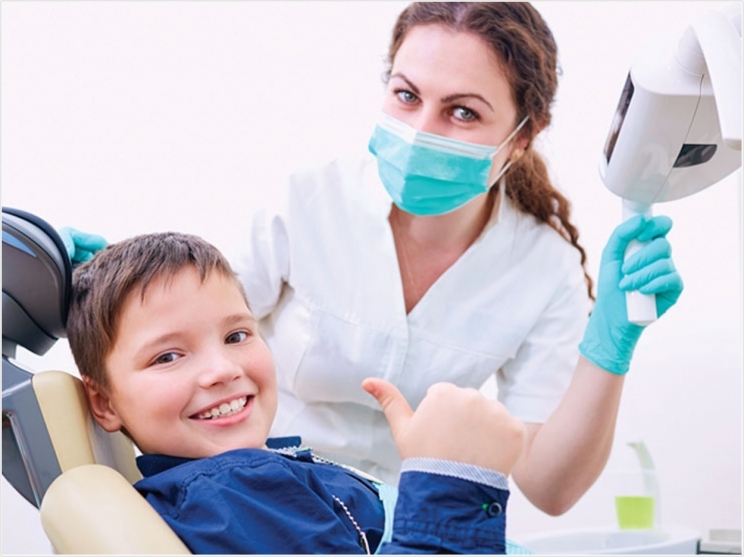
Thousands of children in the United Kingdom could soon require hospital operations to remove unsavable teeth due to a “triple whammy” of dental dangers, according to the Association of Dental Groups (ADG).
Hospitals in England carried out an average of 177 operations a day on children and teenagers last year to remove teeth, the ADG said, costing the National Health Service (NHS) more than £40 million. The lockdown will make the problem worse, the ADG added, as:
- Many children have stopped going to the dentist or have been unable to get appointments.
- Children are more likely to snack on more sugary foods and drinks while stuck at home.
- Community oral health programs for children have been interrupted.
“Before lockdown, there were multiple operations being conducted every day to remove children’s teeth across the UK. Since then, children have faced a triple whammy of dental dangers so it’s inevitable that things will get worse,” said Neil Carmichael, chair of the ADG.
“When routine appointments restart, dentists could have their work cut out dealing tooth decay among children. In hospitals, all the signs are that we’re looking at more operations than ever to remove children’s teeth,” said Carmichael.
Millions of people have been staying away from dental surgeries or have been unable to get appointments during the lockdown, the ADG said. Also, an ADG poll suggests that children in 50% of UK households have missed or decided against a dental visit since the lockdown began.
The UK already has the lowest number of dentists per capita of any G7 country, the ADG said, leading to growing concerns that a backlog of care may well occur after the pandemic unless measures are taken to aid recruitment into the profession.
Dentists also have expressed concern about lockdown diets, the ADG said, including more sugary treats and fizzy drinks having an adverse effect on children’s oral health. One survey for an ADG member found that 77% of dentists expect the lockdown diet to have an adverse impact on the nation’s oral health.
Other anecdotal evidence, the ADG said, suggests an increase in sugary baking, particularly at the beginning of lockdown, with an increase in sugary snacking.
Finally, the ADG said that dental professionals have expressed concern about community dental services that normally deliver oral health improvement programs for children though Local Authorities that have now been disrupted. These early intervention and preventive programs reach areas that likely experience poor oral health among children.
“Over lockdown, 90% of our outreach to the most vulnerable communities in our regions has been shut down. In normal times, we support more than 2,000 young children to do supervised teeth cleaning, and today not one child will be receiving that help,” said Sue Jordan, assistant director of oral health improvement for CDS-CIC, which delivers community dental services and oral health improvement across much of east and central England.
“We have helped children as old as three who didn’t know which way to hold a toothbrush. They won’t be receiving that help anymore or the structure they need to prevent dental problems. They won’t be able to get that help until post-COVID routines can be normalized either,” Jordan said.
“All the evidence we have suggests that early preventative care for dentistry has a huge return on investment. We know that our work can save up to nearly £7 for every pound spent. After COVID, that bill will eventually come due with massively negative consequences for the children and the NHS,” Jordan said.
“Dentistry really is a critical preventative service. The problems that get worse for these children suffer during lockdown can only get exponentially worse over time. We are going to have a real uphill struggle getting back on track when this is all over,” Jordan said.
Related Articles
Extractions Increase by 17% Among Children in England
Fluoridated Water Reduces Dental Hospitalizations for Children
Children of Immigrants Face Significant Oral Healthcare Barriers











